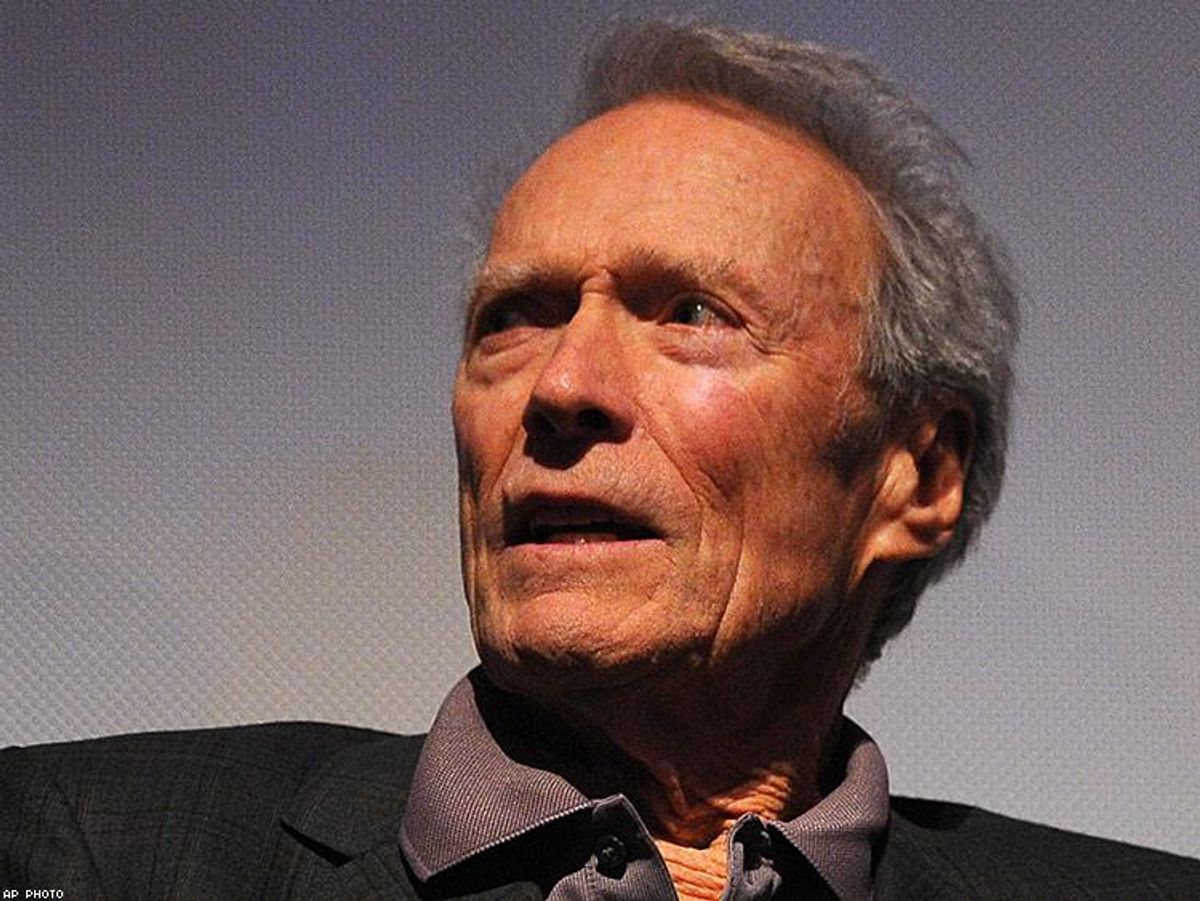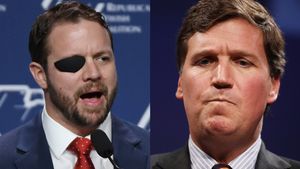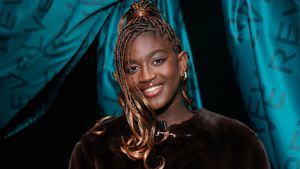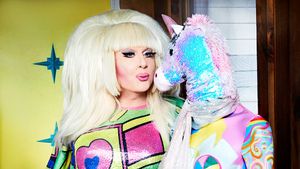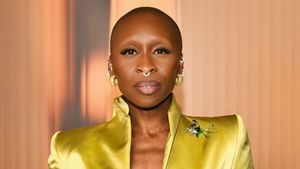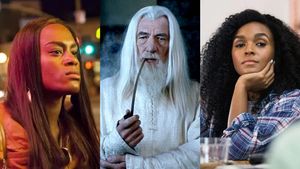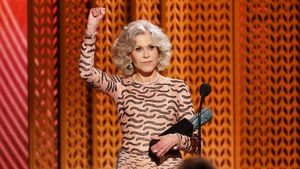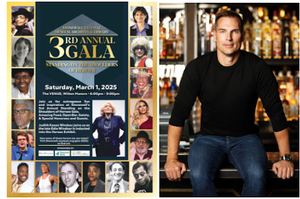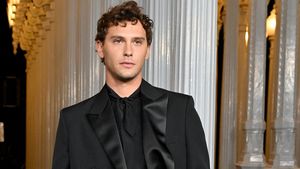Last week, Clint Eastwood dove into the 2016 election with a defense of Donald Trump's hateful campaign and positions. In an interview with Esquire, Eastwood admitted that Trump has said "a lot of dumb things." But after referencing Trump's recent assertion that a Mexican-American judge's heritage disqualifies him from hearing a lawsuit against the Republican presidential nominee, Eastwood went off the rails -- denouncing those who have quite rightly called out the Donald's comments for what they were: racist.
The actor then doubled down on his frustration with what he disingenuously refers to as "political correctness," saying, "We see people accusing people of being racist and all kinds of stuff. When I grew up, those things weren't called racist."
When he grew up?
Eastwood is a member of a generation that has accomplished a lot -- and I grew up watching some of his movies. But I also think it is safe to say that his 1930s understanding of racism is probably not the best barometer of what is and what is not racist in America. Eastwood, who was born in 1930, grew up during a time when support for a segregated military, for instance, was still considered a "mainstream" political position.
Like any millennial -- the generation denounced by Eastwood -- I naturally went on Twitter to make this point.
This list ended up including not only the segregated military but a host of other things, including laws against interracial marriage, barring people of color from entire professions, even membership in the Ku Klux Klan and opposition to federal laws against lynching.
At the end of the day, though, this isn't about Eastwood and it's certainly not about me. It's about Donald Trump and his vision for America, one that easily can be described as the most outwardly hateful and discriminatory presented by a major party nominee in recent history.
Donald Trump has built his campaign on targeting, in both proposals and rhetoric, vulnerable people in this country. We all know the litany of hate offered by Trump, but it bears repeating.
He built his political persona by becoming the most prominent supporter of the blatantly racist birther movement. He launched his campaign by suggesting that undocumented Mexican immigrants are rapists. He's routinely ridiculed women, on the stump and in debate performances, for their appearance. He's mocked people with disabilities and unleashed endless vitriol toward Muslim Americans, including a Gold Star mother.
Unfortunately, it doesn't stop at rhetoric. He's proposed barring Muslims from entering the country, requiring Muslim Americans to register with the government, and enacting draconian measures to deport millions of undocumented people. Despite reading the letters "LGBTQ" off a teleprompter at the Republican National Convention, he's committed to appointing anti-equality judges to the federal bench, supports a bill legalizing Kim Davis-style discrimination, and endorsed the ability of states like North Carolina to pass discriminatory and hateful anti-LGBTQ bills. Last month, making his first governing decision, he chose as his running mate Indiana Gov. Mike Pence, who has made anti-LGBTQ animus a cornerstone of his political career.
Trump's campaign is not a collection of ignorant statements. It is a candidacy of hate and fear that poses serious risks to people of color, women, people with disabilities, immigrants, and LGBTQ people. These aren't small gripes. These are uniquely discriminatory and, likely, unconstitutional proposals.
Eastwood doesn't seem particularly enthused about Trump, I'll give him that. But his comments reflect a Trump-like nostalgia for a time that really wasn't all the great -- pretty terrible, in fact -- for large swaths of the American public.
It is a good thing that our country has enhanced its understanding of racism, sexism, homophobia, transphobia, and ableism since Eastwood was a kid. That progress is what has allowed us to achieve some of the greatest and proudest moments in recent American history, from the passage of the Civil Rights and Voting Rights Acts and the signing of the Americans With Disabilities Act to the Supreme Court's historic marriage equality decision.
Trump and Eastwood may view much of this progress as "political correctness" (read: kindness and respect), but they are the intentional actions that have made America great today and will help us build a more perfect union tomorrow.
Sarah McBride is the national press secretary at the Human Rights Campaign.
